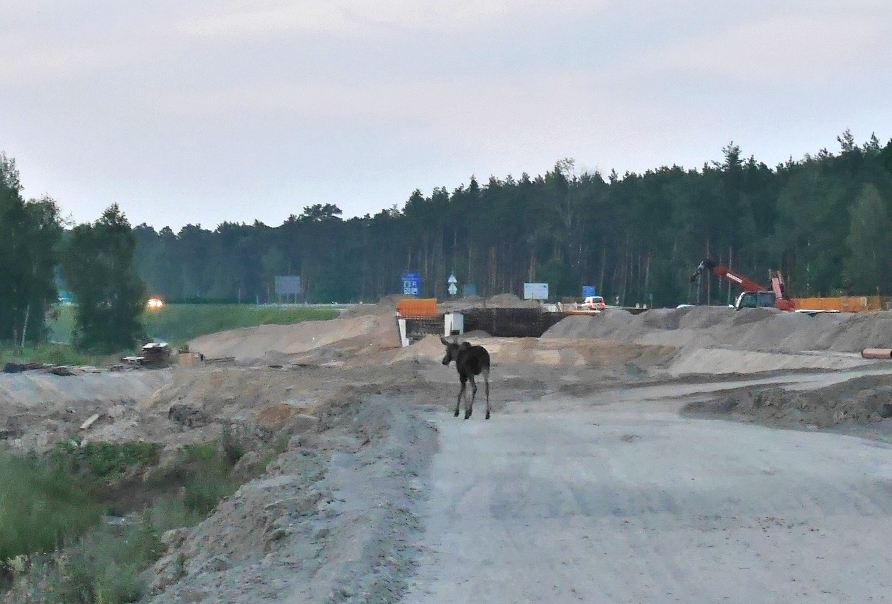The Forests Bill
Country: Poland
Amended on 16 December 2016, the Forests Bill exempts forest management activities from the obligations of strict species protection set forth in the Birds and Habitats Directives, including the prohibitions on deliberate killing, disturbance and destruction of habitats and feeding sites.
Under the same bill, the public has no access to justice with regards to the assessment of the effects of Forest Management Plans on forest ecosystems, including Natura 2000 sites. Forest Management Plans regulate logging and other forestry activities, and are therefore crucial from the point of view of nature protection in Poland’s forests, which span a third of the country’s entire territory.
In July 2019, the Commission issued a reasoned opinion urging Poland to bring national legislation into compliance with EU rules. However, there has been no progress thus far.


This has had disastrous consequences for the Białowieża Forest, a Natura 2000 site where increased logging threatened biodiverse habitats. Under Polish law, however, the Forest Management Plans for the three Forestry Districts that are part of the Białowieża Forest authorised an unprecedented increase in the volume of logging. These could not be legally challenged at the national level, and therefore the case was taken to the European Court of Justice (ECJ).
In April 2018, the ECJ ruled that Poland’s decision to increase the volume of logging in the Białowieża Forest had been illegal. It also ordered Poland to stop the logging and comply with its obligations under the Birds and Habitats Directives. Poland has not fully complied with the ECJ verdict, though.
In 2018, the State Forests Holding decided to upgrade the Narewkowska Road in the Białowieża Forest. Originally a quiet gravel road adjacent to the Białowieża National Park and several nature reserves, it was now to be transformed into a wide asphalt road. Once upgraded, the road would allow much higher traffic speed and create a deadly risk for crossing animals. Its drainage systems would cause nearby wetlands to dry up. Construction on the road would require cutting down more trees, even though the ECJ verdict only allowed logging for security reasons.
Due to these issues and their potential cumulative effect on the Białowieża Forest Natura 2000 site, on 29 June 2018 the Commission called on Poland to stop all road works pending the assessment of the project’s impact on the Natura 2000. The State Forests ignored the Commission’s call, and its machinery re-entered the construction site on 3 July 2018. Construction is in progress and is expected to be completed by the end of this year. The Commission did not intervene further.
Logging has also increased considerably in other important woodlands in Poland, including the Beech Forest in north-western Poland and the Carpathian Forest (including the area of the proposed Turnicki National Park). Although people have been protesting, they have no legal means to stop it.
The State Forests Holding has been granted close to PLN 300 million from EU Funds for forest retention and fire protection projects. This funding has not been in any way affected by the Holding’s blatant disregard for EU rules.








